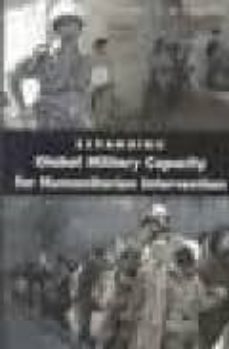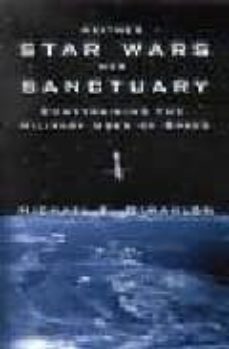Imprescindibles
Ficción
No Ficción
Ciencias y tecnología Biología Ciencias Ciencias naturales Divulgación científica Informática Ingeniería Matemáticas Medicina Salud y dietas Filología Biblioteconomía Estudios filológicos Estudios lingüísticos Estudios literarios Historia y crítica de la Literatura
Humanidades Autoayuda y espiritualidad Ciencias humanas Derecho Economía y Empresa Psicología y Pedagogía Filosofía Sociología Historia Arqueología Biografías Historia de España Historia Universal Historia por países
Infantil
Juvenil
#Jóvenes lectores Narrativa juvenil Clásicos adaptados Libros Wattpad Libros Booktok Libros de influencers Libros de Youtubers Libros Spicy Juveniles Libros LGTBIQ+ Temas sociales Libros ciencia ficción Libros de acción y aventura Cómic y manga juvenil Cómic juvenil Manga Shonen Manga Shojo Autores destacados Jennifer L. Armentrout Eloy Moreno Nerea Llanes Hannah Nicole Maehrer
Libros de fantasía Cozy Fantasy Dark academia Hadas y Fae Romantasy Royal Fantasy Urban Fantasy Vampiros y hombres lobo Otros Misterio y terror Cozy mistery Policiaca Spooky Terror Thriller y suspense Otros
Libros románticos y de amor Dark Romance Clean Romance Cowboy Romance Mafia y amor Romance dramatico Romcom libros Sport Romance Otros Clichés Enemies to Lovers Friends to Lovers Hermanastros Slow Burn Fake Dating Triángulo amoroso
Cómic y manga
Novela gráfica Novela gráfica americana Novela gráfica europea Novela gráfica de otros países Personajes, series y sagas Series y sagas Star Wars Superhéroes Cómics DC Cómics Marvel Cómics otros superhéroes Cómics Valiant
eBooks
Literatura Contemporánea Narrativa fantástica Novela de ciencia ficción Novela de terror Novela histórica Novela negra Novela romántica y erótica Juvenil Más de 13 años Más de 15 años Infantil eBooks infantiles
Humanidades Autoayuda y espiritualidad Ciencias humanas Economía y Empresa Psicología y Pedagogía Filosofía Historia Historia de España Historia Universal Arte Cine Música Historia del arte
Ciencia y tecnología Ciencias naturales Divulgación científica Medicina Salud y dietas Filología Estudios lingüísticos Estudios literarios Historia y crítica de la Literatura Estilo de vida Cocina Guías de viaje Ocio y deportes
MICHAEL E. O HANLON
Recibe novedades de MICHAEL E. O HANLON directamente en tu email
Filtros
Del 1 al 3 de 3
BROOKINGS INSTITUTION 9780815764410
Humanitarian military intervention and muscular peace operations have been partially effective in recent years in saving thousands of lives from the Balkans to Haiti to Somalia to Cambodia to Mozambique. However, success has often been mitigated by the international communitys unwillingness or inability to quickly send enough forces capable of dealing with a situation decisively. In other cases, the international community has essentially stood aside as massive but possibly preventable humanitarian tragedies took place for instance, in Angola and Rwanda in the mid-1990s and in Congo as this book goes to press. Sometimes these failures have simply been the result of an insufficient pool of available military and police forces to conduct the needed intervention or stabilization missions. In this timely new book, Michael OHanlon presents a blueprint for developing sufficient global intervention capacity to save many more lives with force. He contends, at least for now, that individual countries rather than the United Nations should develop the aggregate capacity to address several crises of varying scale and severity, and that many more countries should share in the effort. The United States role is twofold: it must make slight redesigns to its own military and, even more important, encourage other nations to join it in this type of intervention, including training and support of troops in countries, such as those in Africa, that are willing to take the necessary steps to prevent humanitarian disaster but lack the resources.
Ver más
Tapa blanda
BROOKINGS INSTITUTION 9780815764571
In Neither Star Wars nor Sanctuary, Michael E. O''Hanlon makes a case for keeping it this way. The United States, with military space budgets of around $20 billion a year, enjoys a remarkably favorable military advantage in space. Pursuing a policy of space weaponization solely in order to maximize its own military capabilities would needlessly jeopardize this situation by likely hastening development of space weapons in numerous countries. It would also reaffirm the prevalent international image of the United States as a global cowboy of sorts, too quick to reach for the gun.
Ver más
Tapa blanda
BROOKINGS INSTITUTION 9780815719694
Tapa dura
Del 1 al 3 de 3
























